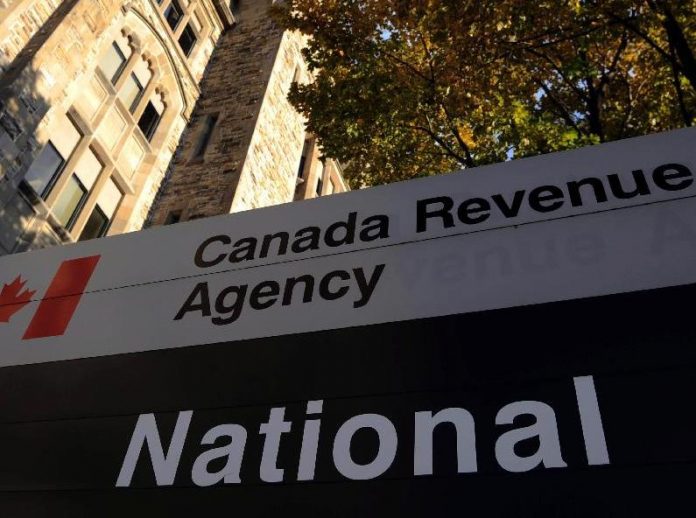COVID-19 pandemic may make it difficult for some Canadians to file their returns and meet their diverse tax-filing needs. To help, Canada Revenue Agency extended filing and payment deadlines. Here’s what you need to know.
New tax filing and payment deadlines
The deadline for most individuals to file their 2019 taxes has been extended to June 1, 2020. The deadline to pay amounts owed has also been extended to September 1, 2020. Penalties and interest will not be charged if payments are made by the extended deadlines of September 1, 2020. This includes the late-filing penalty as long as the return is filed by September 1, 2020.
If you, your spouse, or your common-law partner are self-employed, you still have until June 15, 2020, to file your taxes. However, your payment deadline has also been extended to September 1, 2020.
For those who have to pay by instalments, the June 15, 2020, payment due date has also been extended to September 1. Instalment penalties and interest will not be charged for this payment if it is made by the extended deadline of September 1, 2020.
For more information on the filing and payment deadline changes due to COVID-19, go to Income tax filing and payment deadlines: CRA and COVID-19.
Why file by the deadline if no payment is due until September 1?
Filing by the deadline will minimize impacts to your benefit and credit payments. If your 2019 return has not been assessed by the CRA, information from your 2018 return will be used to calculate benefit and credit payments until September 2020. That will ensure you continue to receive important payments that will help through the COVID-19 crisis. However, you may not be getting exactly the right amounts. By filing a return by the deadline, you will minimize this impact. Also, if you are owed a refund, the earlier you file, the earlier it will arrive in your pocket. By registering for direct deposit, you’ll get your refund even faster.
CRA has resources to help you file:
- Get Ready to do your taxes – get helpful information to start the return filing process.
- Doing Your Taxes – a step-by-step guide on completing and sending your taxes to the CRA.
- NETFILE certified tax software – find certified tax software you can use to file online, some of which are free.
- Virtual tax clinics – community organizations are hosting free virtual tax clinics where a volunteer can help you file your return over the telephone or using a video conferencing application.
Help CRA assess your return faster. If you already filed a 2019 paper return that CRA has not processed yet, you can file it again online using NETFILE certified tax software. However, it can’t be used for returns the software says must be paper-filed or returns excluded from electronic filing.
If you need to change your tax return, submit your request electronically using Change My Return in My Account or ReFILE with the same certified tax software you originally used to file your income tax return. Your reassessment will be completed much quicker. You may be able to submit your request electronically even if you already submitted one by mail.
Take advantage of the CRA’s digital services
The CRA’s digital services make it easier to manage your tax and benefit affairs from home. Our online tools can help you through the COVID-19 crisis and beyond.
Register for My Account to easily view and update your personal and direct deposit information, view the status of your return or refund, and view your benefit and credit information. Since March 1, 2020, over 2.5 million people have registered for My Account to make it easier to get payments such as the Canada Emergency Response Benefit.
Once you are signed up for My Account, you can also sign up for Email notifications to receive all your CRA mail electronically, such as your notice of assessment or reassessment, benefit notices, and instalment payment reminders. As a result, mail from the CRA will get to you as soon as possible. For added security, you will also receive emails whenever your information such as your address, banking, or marital status information, changes.
For more information on all the changes to taxes and benefits related to COVID-19, go to canada.ca/cra-coronavirus.














